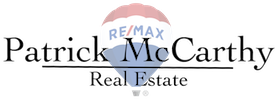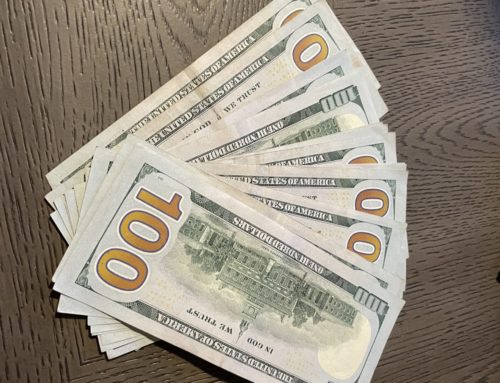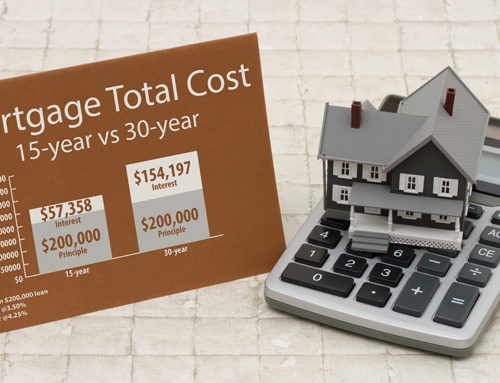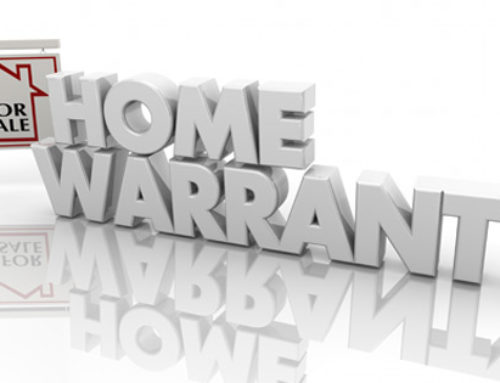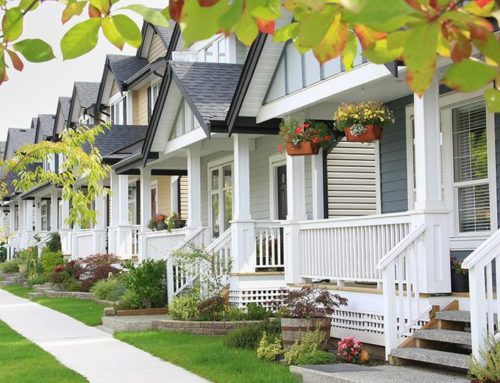 Taking on a new home loan can be a daunting task. There is oftentimes a stack of paperwork that needs to be signed, which in turn means that you are obligated to make the mortgage payments for the next 15 or 30 years. In order to close on the mortgage and become the owner of your new home, there can also be a number of other fees and expenses due – either on the actual day of closing and / or added in to your monthly mortgage payment going forward.
Taking on a new home loan can be a daunting task. There is oftentimes a stack of paperwork that needs to be signed, which in turn means that you are obligated to make the mortgage payments for the next 15 or 30 years. In order to close on the mortgage and become the owner of your new home, there can also be a number of other fees and expenses due – either on the actual day of closing and / or added in to your monthly mortgage payment going forward.
Some of the fees that you will likely have to pay include the following:
- Home Inspection – Although having a home inspection isn’t always required, it is wise to do so in order to determine whether there are any defects in the home.
- Title Insurance / Title Search – Title insurance can protect both you and the lender in the case of any unpaid liens or other “clouds” on the property’s title. Having a title search can help to determine if there are any.
- Appraisal – It is almost always required that an appraisal be conducted on the property by a licensed appraiser.
- Survey – In most cases, a survey of the property will be necessary.
- Credit Report – Before approving you for a mortgage, the lender will want to know if you are creditworthy, so they will obtain this information via your credit report.
- Closing Fee – The closing fee covers the cost of a representative from the title company supervising the closing process.
- Mortgage Application Fee – Many lenders will charge a fee when you submit an application for a home mortgage.
- Origination / Processing Fee – The origination or processing fee covers the cost of preparing your mortgage by the lender.
- Underwriting Fee – In order to cover the costs of researching your financial information (for the mortgage approval process), an underwriting fee is usually charged.
- Wire / Courier Fee – If documents are needed quickly, you may also be charged a wire or a courier fee to get them sent from one place to another.
In addition, it is usually required that a buyer have a down payment, too. While the down payment is not necessarily required to be 20 percent of the home’s purchase price, if it is less than that, then you could end up payment for private mortgage insurance, or PMI. This insurance protects the lender in case you default on your payments. The premium for PMI is typically added into your monthly mortgage payment.
If you’re considering the purchase of a home and you have questions regarding how the process works – and how much it may cost – Contact Us. We can provide you with the additional information that you need in order to feel more comfortable in moving forward.
